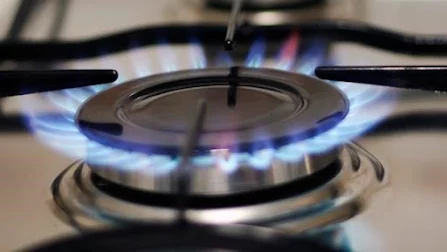The Biggest Mistakes Everyone Makes When Cooking With Garlic
You probably didn't know that the first evidence of garlic was discovered in the Egyptian pyramids and that it was mentioned in the Bible. Hippocrates, the founding father of modern medicine, frequently recommended garlic. In ancient Greece, this remarkable vegetable was given to Olympians to help them perform better.
Allicin Heat Stability
Today’s researchers have confirmed what ancient herbalists and healers claimed – garlic is a great weapon for treating many types of diseases. Dr. Mirelman and C. Ankri confirmed that garlic’s compound, called allicin, is responsible for garlic’s antiviral, anti-parasitic and anti-microbial properties. Garlic can also fight some forms of drug-resistant Escherichia coli, and has the potential in fighting some superbugs resistant to antibiotics.
A powerful compound called alliin, and the enzyme called alliinae, are not actually in the garlic itself but are in the garlic’s clove’s cells. They are naturally separated, but when combined together, they form the allicin.
So, when cooking at home, make sure you get the allicin by ripping the garlic membrane that separates alliin and alliinase. But, as it turns out, allicin’s health benefits can be decreased due to too much heat.
A 2001 study by J.A. Milner and K. Song showed that boiling, heating, or microwaving crushed garlic will destroy all of the alliinase enzyme’s activity. However, many meals call for previously prepared garlic rather than raw.
Many scientists suggest dicing or chopping the garlic and then letting it stand for 10 minutes in order to let the alliinase do its work.
The garlic will do its work best by forming as much allicin as possible heat neutralizing it. So, next time you make a garlic-included meal, make sure you first deal with the garlic. By the time garlic is ready to use, your other ingredients will be ready for cooking.
Source: www.organichealth.co











